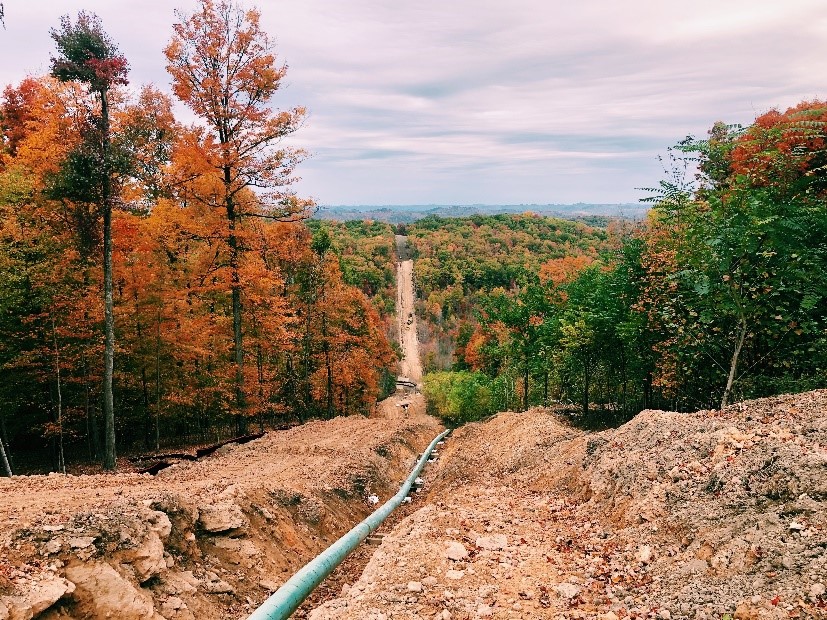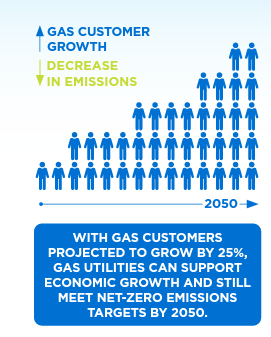Our West Virginia Community and Sustainability
Hope Gas is back!

We are excited to honor Hope Gas’s long history and deep roots over the past 123 years in West Virginia, bringing back Hope’s name to once again represent operations in West Virginia! Our work in West Virginia means new jobs, strong community partnerships, a better environment, and supporting growth and development in West Virginia to help ensure future prosperity in our communities by driving economic development and getting more local gas into more homes and businesses in our communities.
Community Support Programs
Expanding our Service Strengthens our Community
Expanding Our Service
Protecting Our Environment
Pipeline Replacement & Expansion Program (PREP)

Natural Gas IS Our Energy Future

With an abundance of natural resources, West Virginia is a major supplier of our nation’s energy and is uniquely positioned to also lead the way in energy transition. America’s Natural Gas Industry Will be Essential to Achieve a Net-Zero Emissions Future Climate change is a defining challenge across the globe, and America’s natural gas, natural gas utilities and delivery infrastructure are essential to meeting our nation’s greenhouse gas emissions reduction goals which will achieve a cleaner energy future. By including natural gas, advanced fuels and our world class infrastructure, we can expand our opportunities to slash emissions, unleash greater innovation and enhance energy reliability.
The American Gas Association worked with ICF to conduct the first comprehensive analysis exploring natural gas utility pathways to achieve net-zero emissions. Net-Zero Emissions Opportunities for Gas Utilities presents a national-level approach that leverages the unique advantages of gas technologies and distribution infrastructure. The study underscores the range of scenarios and technology opportunities available as the nation, regions, states and communities develop and implement ambitious emissions reductions plans.
Learn more about the pathways to net-zero to meet both unique energy demand and emissions targets at the American Gas Association at https://www.aga.org/
Hydrogen
Fuel Cells
Fuel cells are revolutionizing energy production by efficiently converting natural gas into electricity.
How Fuel Cells Work
A fuel cell operates like a mini power plant, generating electricity through a chemical reaction between natural gas and oxygen. Unlike combustion engines that burn fuel, fuel cells use an electrochemical process, ensuring cleaner energy production. The key components of a fuel cell include:
As natural gas flows into the anode, it undergoes a chemical reaction, releasing electrons and protons. The electrons travel through an external circuit, generating electricity to power your appliances, while the protons migrate through the electrolyte to the cathode. Here, they combine with oxygen and electrons to produce water and heat as byproducts, making fuel cells exceptionally clean and efficient.
Benefits of Natural Gas Fuel Cells
Experience the future of energy with Hope Gas and Watt. Our expertise in natural gas fuel cell technology ensures reliable, sustainable and cost-effective energy solutions for residential applicants across the state of West Virginia.
